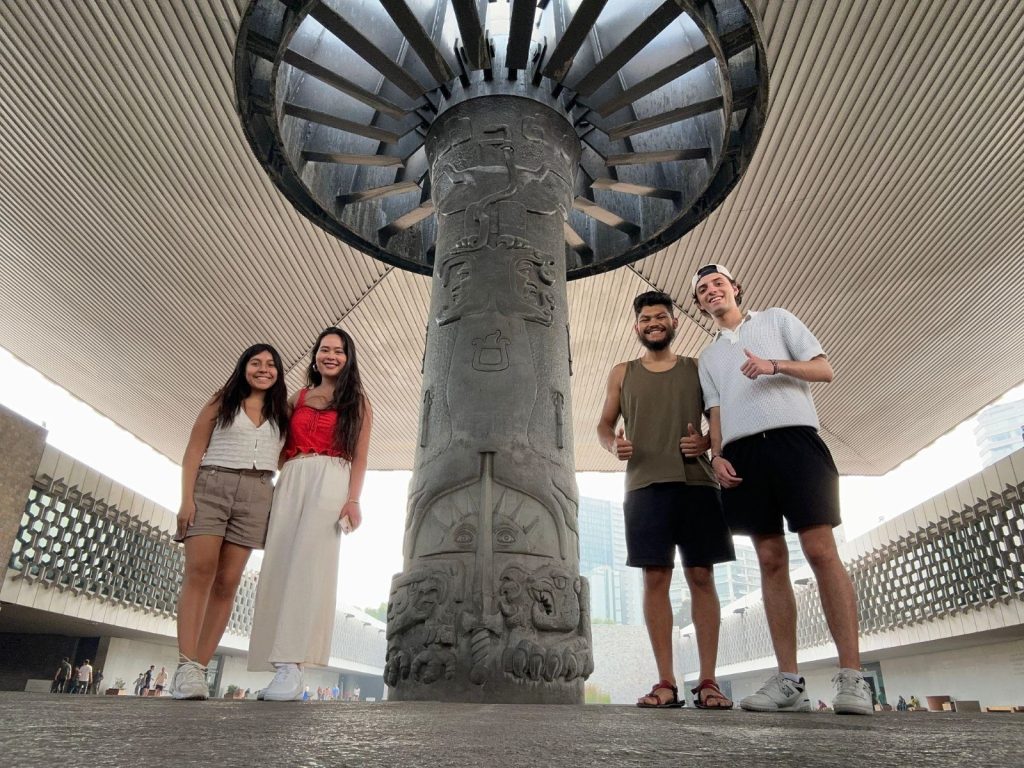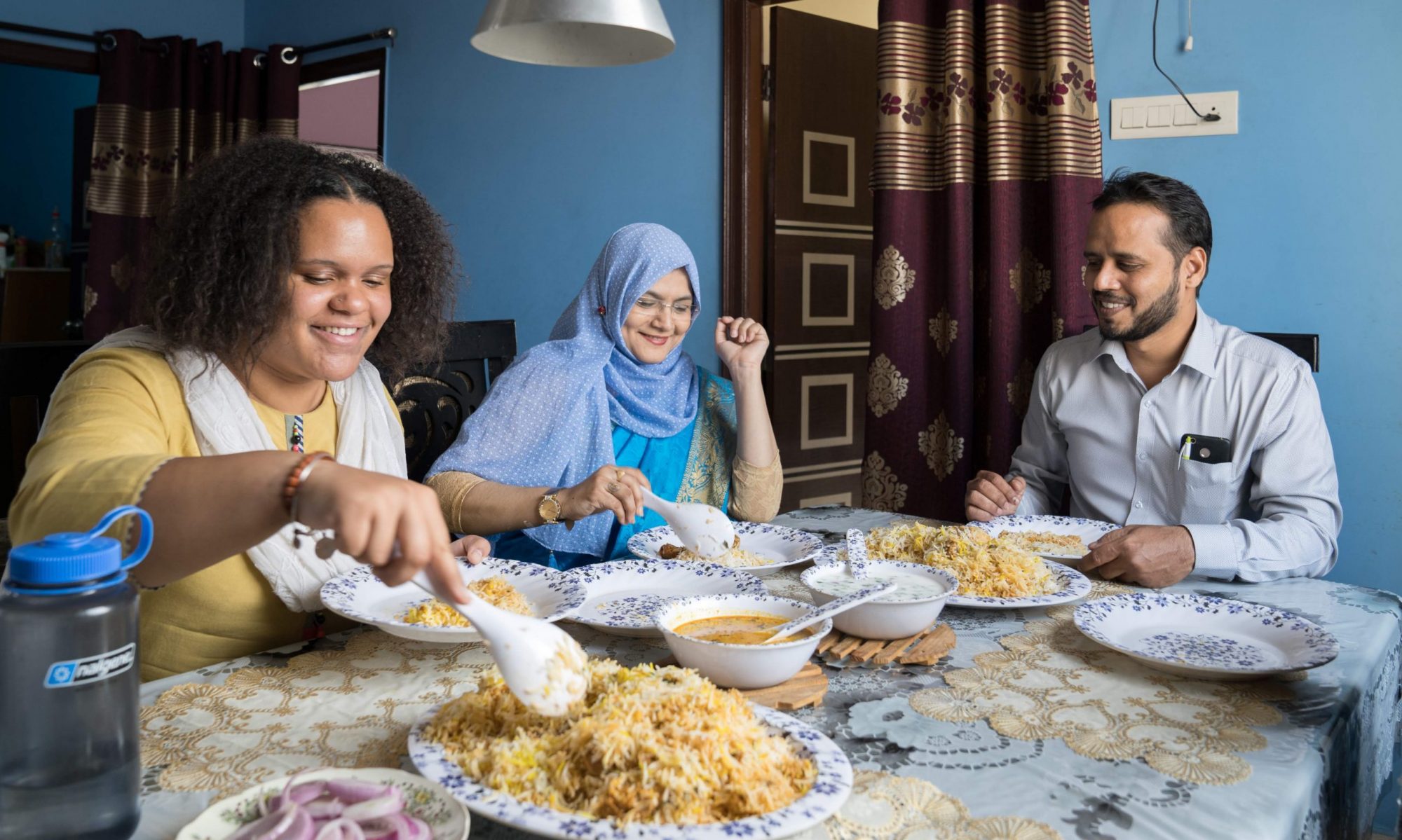By Miguel Villanucci

Understanding the complexities of Mexico’s population trends, cultural richness, community behaviors, and ultimately the answer to my research would undoubtedly take a lifetime. However, a week was enough for me to realize that the key to all these aspects lies in Mexico’s diversity. My research focuses on the effects of the Maya Train on the upcoming presidential elections in Mexico, a project that has sparked varied opinions due to its prominence in the current presidency’s agenda. The Maya Train aims to build a railway in southeastern Mexico to connect cities and boost tourism, creating job opportunities in underdeveloped regions. However, opponents argue it will lead to more underdevelopment through deforestation and exacerbate income inequalities. Engaging in this research has been challenging from the beginning until the end, but in my opinion, it was more than worth it, as having the opportunity to communicate with many professionals and academic people regarding my topic was a life-changing experience that I will cherish forever.
The challenge of this study started at the moment of choosing the topic, especially because this was a very controversial one, and many people did not want to be mentioned in this paper. We are talking about NGOs that promote sustainability in the region, important professors who went against the train in the past, and politicians as well. Many of them warned me about the dangers of getting involved in this topic two weeks before the next presidential and congress elections, which made me hesitate about the feasibility of doing this research. Nonetheless, I believed the best way to understand a culture was through their opinions on impactful and controversial projects, so I took the challenge of finding people willing to share their opinions. Some explained that speaking against the project had previously jeopardized their NGOs’ opportunities, while others noted a significant decrease in available information about the project, making them more willing to participate. I am profoundly grateful to those who trusted me with their information anonymously, warned me of the risks, and those professionals who shared their opinions regardless of potential consequences for the sake of education.
It is important to mention that my research does not critique the Maya train project. Instead, it aims to understand the perspectives of Mexico’s population. That is why my interviews focused on people who represented the opposition to the project, as I wanted to find which part of the population represented the opposition. Before coming to Mexico I thought that we could generalize the opinions of the different states, cities, and regions to some extent. However, Mexico’s diversity and critical thinking mean everyone has unique perspectives. For example, policymakers cannot generalize policies as benefiting “indigenous communities” or “the poor population” because these groups have numerous subdivisions. This realization shifted my research to ensure we capture opinions within each subdivision accurately, avoiding biased generalizations about who supports or opposes the project. This also motivated me to seek out supporters of the project to avoid generalization.
Determining who supports what remains an ongoing investigation, aiming to discern whether people prioritize sustainability or development, the primary arguments for and against the project. In my opinion, everyone has valid points, but what does the majority think? This research has been a continuous learning experience. Above all, Mexico has instilled in me a profound sense of critical thinking and taught me the importance of not generalizing community opinions based on preconceived notions or news reports.
